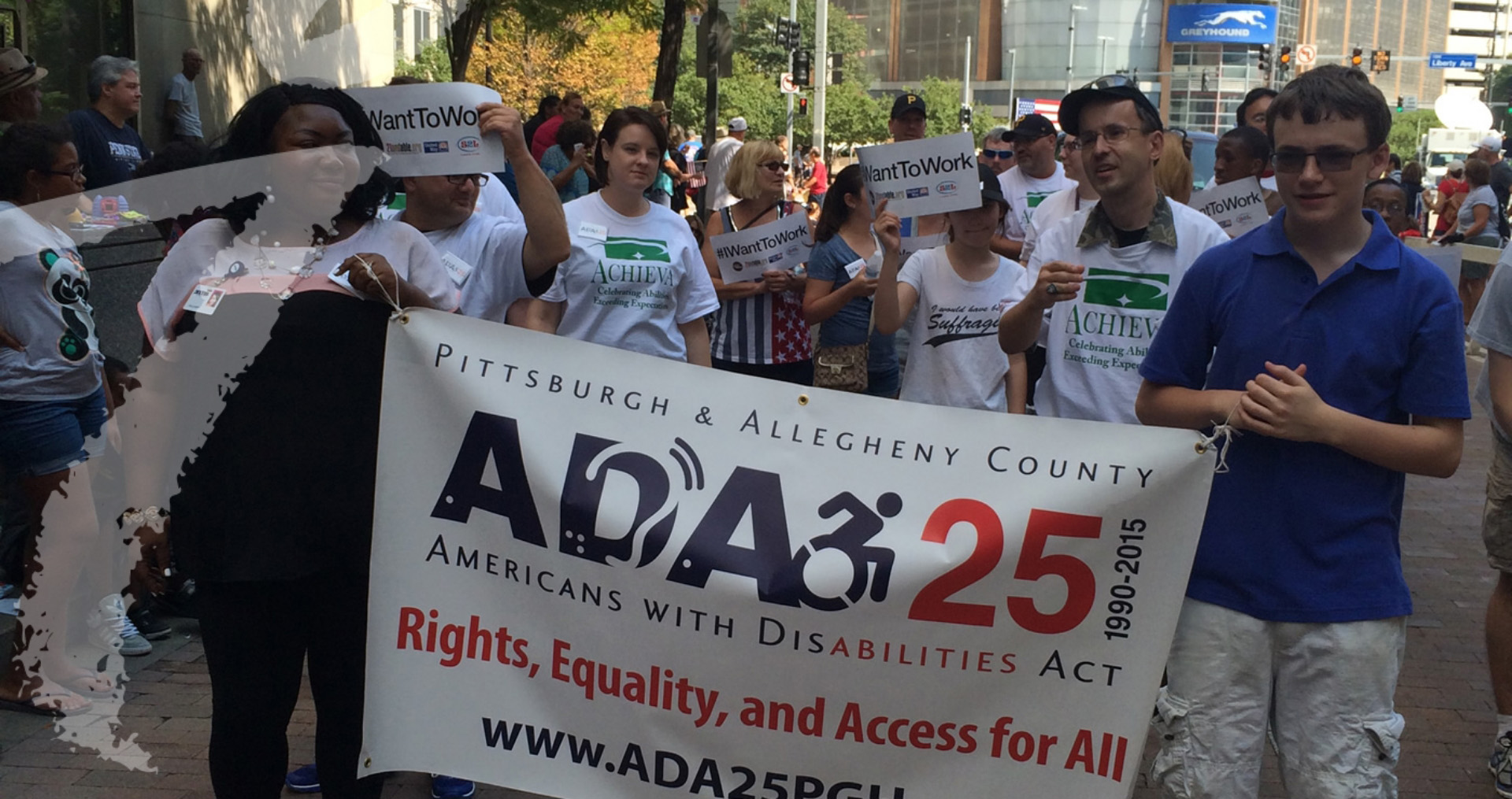Increased awareness of sexual violence does not automatically lead to better outcomes for victims, but legal advocacy can help.
In the last several years, there have been nearly daily headlines about sexual harassment and assault perpetrated by high profile men – actors, legislators, news anchors, business leaders, etc. Awareness of the pervasiveness of sexual assault is at an all-time high. But a majority of men still believe that victims are treated fairly when they disclose abuse and seek justice.[i] This is far from the truth.
The costs of reporting sexual harassment and abuse are very high for many victims. Most face some form of negative repercussion or retribution for disclosing. Why does this happen and what does it look like?
Disbelief. Many survivors are assumed to be lying about some or all of the details, despite the fact that the rate of false reporting of sexual assault is extremely low. Unfortunately, myths related to sexual violence persist, and influence how family members, friends, and even first responders react upon hearing a victim’s story. If the victim knew the attacker, if they[ii] had been drinking, or if there were other circumstances that don’t fit the listener’s stereotypes about sexual violence, the assault may be regarded as “not really rape,” even if the facts meet all legal criteria for a crime.[iii] When victims are not believed or taken seriously, it can have lasting consequences for healing as well as the likelihood that the victim will seek justice. Investigative journalists continue to expose problems in the justice system’s handling of sexual violence. For instance, WESA reported that Pittsburgh Police had an unusually high rate of “unfounded” rape reports, which is a label used to describe cases that are found to be false or baseless. This reinforces victims’ fears of not being believed if they do report.
Blaming the victim. Even when the listener believes the victim was assaulted, it’s extremely common for victims to be questioned at length about what they were wearing, where they had gone, whether they drank or flirted. These irrelevant questions imply that the victim was somehow responsible for the crime. It’s a paradox that if a victim had been drinking, they are blamed for being assaulted, while a perpetrator who had been drinking is seen as less culpable.
Making excuses for the person who committed the assault. People who commit sexual assault often behave differently in public than they do in private. But time after time, reports of sexual assault are refuted with examples of good deeds or good character of the perpetrator. The fact that people who commit sexual assault also sometimes do good things is not a defense and should not come as a surprise.
Punishing the victim (and framing it as “for their own good”). When someone is sexually assaulted and reports the crime, it’s not uncommon that they, rather than the perpetrator, suffer the consequences. Take the case of sexual harassment in schools. It is unfortunately not uncommon for school administrators to assign the victim, rather than the perpetrator, to a different class schedule, or to insist that they forgo field trips, a favorite club or school activities, in order to separate them from the perpetrator. But giving up personal freedoms and beloved activities should not be the consequence for disclosing sexual assault, which is itself already a terrible loss of a sense of safety and autonomy.
Despite increased societal awareness, victims of abuse fear the retribution outlined above, and rightfully so. They have many good reasons to not trust us, as individuals and institutions, to do the right thing if they report sexual harassment and assault, which contributes to the low reporting rate for sexual assault[iv]. Reporting should be the first step in healing, not further victimization.
We can encourage all victims of sexual harassment and assault to reach out for free, confidential support from the rape crisis center in their area. Someone is on-call, 24 hours a day, to listen, help victims, family members and support people to sort through their feelings and options, and connect them with counseling and other services. Being believed, listened to and validated can be an important step in beginning to heal.
Few families have the resources to hire an attorney to advocate for fair treatment or to change policies and practices to ensure that abuse does not happen again. As a result, many victims are instead forced to endure harassment and abuse or to leave their job or school to feel safe.
 FISA has partnered with the Women’s Law Project and The Heinz Endowments to support #MeTooPA, a confidential helpline for students and low-wage workers to get legal advice about sexual harassment or assault. Victims can call 412-281-2892, Monday through Friday 9am to 5pm or email MeTooPA@womenslawproject.org. A trained advocate will listen and provide rights-based information and education. If legal action is a possibility, Women’s Law Project will arrange for a no-cost, confidential, victim-centered evaluation by an attorney.
FISA has partnered with the Women’s Law Project and The Heinz Endowments to support #MeTooPA, a confidential helpline for students and low-wage workers to get legal advice about sexual harassment or assault. Victims can call 412-281-2892, Monday through Friday 9am to 5pm or email MeTooPA@womenslawproject.org. A trained advocate will listen and provide rights-based information and education. If legal action is a possibility, Women’s Law Project will arrange for a no-cost, confidential, victim-centered evaluation by an attorney.
If we want victims of abuse to feel comfortable reporting what happened to them and seeking help, then we have to be better at reducing the costs of doing so.
__________________________
[i] For more details see Men and #MeToo report, commissioned by FISA Foundation.
[ii] Throughout this piece, the pronoun they is used to refer to victims, in recognition that people of all genders can be victimized. The pronoun he is used to refer to people who commit sexual violence to avoid pronoun confusion and because most perpetrators are male, although (to a lesser extent) people of all genders can commit sexual abuse.
[iii] For more on these dynamics, see the National Sexual Violence Resource Center’s tip sheet.
[iv] US. Bureau of Justice Statistics, M. Planty and L. Langton, “Female Victims of Sexual Violence, 1994-2010,” 2013; Wolitzky-Taylor et al, “Female Victims of Sexual Violence, 1994-2010.”

Retribution and Justice
Back to News
